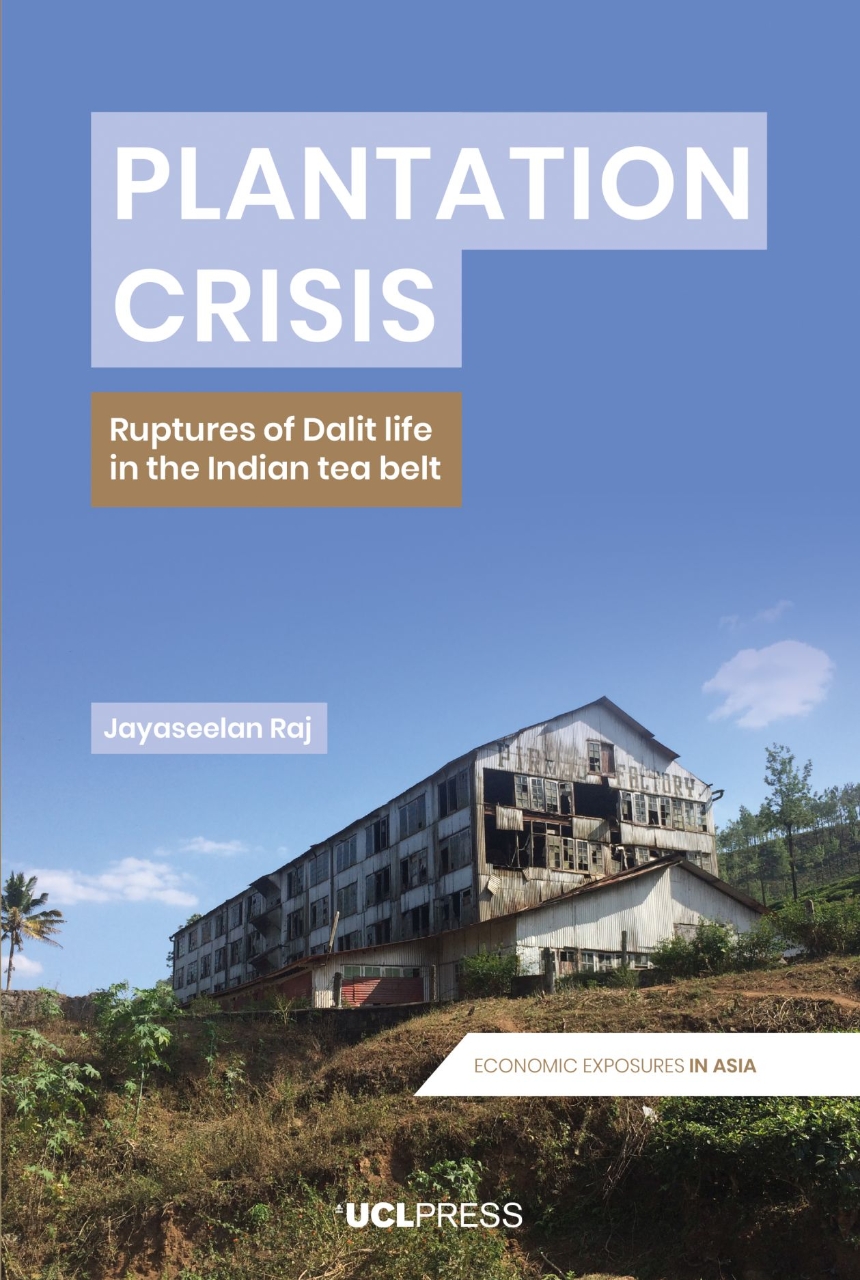9781800082281
9781800082298
An illuminating and intimate account of the ruptures in life at the bottom of global capitalism and caste hierarchy.
What does the collapse of India’s tea industry mean for Dalit workers who have lived, worked, and died on the plantations since the colonial era? Since the mid-1990s, the colonial era plantation system—and its workforce of more than two million people— has faced a series of ruptures stemming from neoliberal economic globalization. In the South Indian state of Kerala, the Dalit workforce is at the forefront of this crisis and its profound effects on their social identity and economic wellbeing. Plantation Crisis offers a complex understanding of how processes of social and political alienation unfold in moments of economic rupture. Based on long-term ethnographic fieldwork in the Peermade and Munnar tea belts, the book analyzes the profound, multidimensional sense of crisis felt by those who are at the bottom of global plantation capitalism. Out of the colonial history of racial capitalism and indentured migration, Plantation Crisis opens our eyes to the collapse of the plantation system in India, and the profound impacts this has on the Dalit workers who lived there for generations.
What does the collapse of India’s tea industry mean for Dalit workers who have lived, worked, and died on the plantations since the colonial era? Since the mid-1990s, the colonial era plantation system—and its workforce of more than two million people— has faced a series of ruptures stemming from neoliberal economic globalization. In the South Indian state of Kerala, the Dalit workforce is at the forefront of this crisis and its profound effects on their social identity and economic wellbeing. Plantation Crisis offers a complex understanding of how processes of social and political alienation unfold in moments of economic rupture. Based on long-term ethnographic fieldwork in the Peermade and Munnar tea belts, the book analyzes the profound, multidimensional sense of crisis felt by those who are at the bottom of global plantation capitalism. Out of the colonial history of racial capitalism and indentured migration, Plantation Crisis opens our eyes to the collapse of the plantation system in India, and the profound impacts this has on the Dalit workers who lived there for generations.
256 pages | 9 halftones | 6.14 x 9.21 | © 2022
Anthropology: Cultural and Social Anthropology
Asian Studies: South Asia
Table of Contents
List of Figures List of Tables Preface Acknowledgements 0 Introduction 1 Pre-crisis: The making of moral order 2 Workers: Stay on, move out 3 Retirees: Failed attempt to stay on 4 Youth: Hidden injuries of caste 5 ‘Dam’ned in dispute 6 Crisis of relations 7 Rumour and gossip in a time of crisis. 8 New companies, new workforce 9 The social consequences of crises. Appendix 1: A short history of Peermade tea belt References

